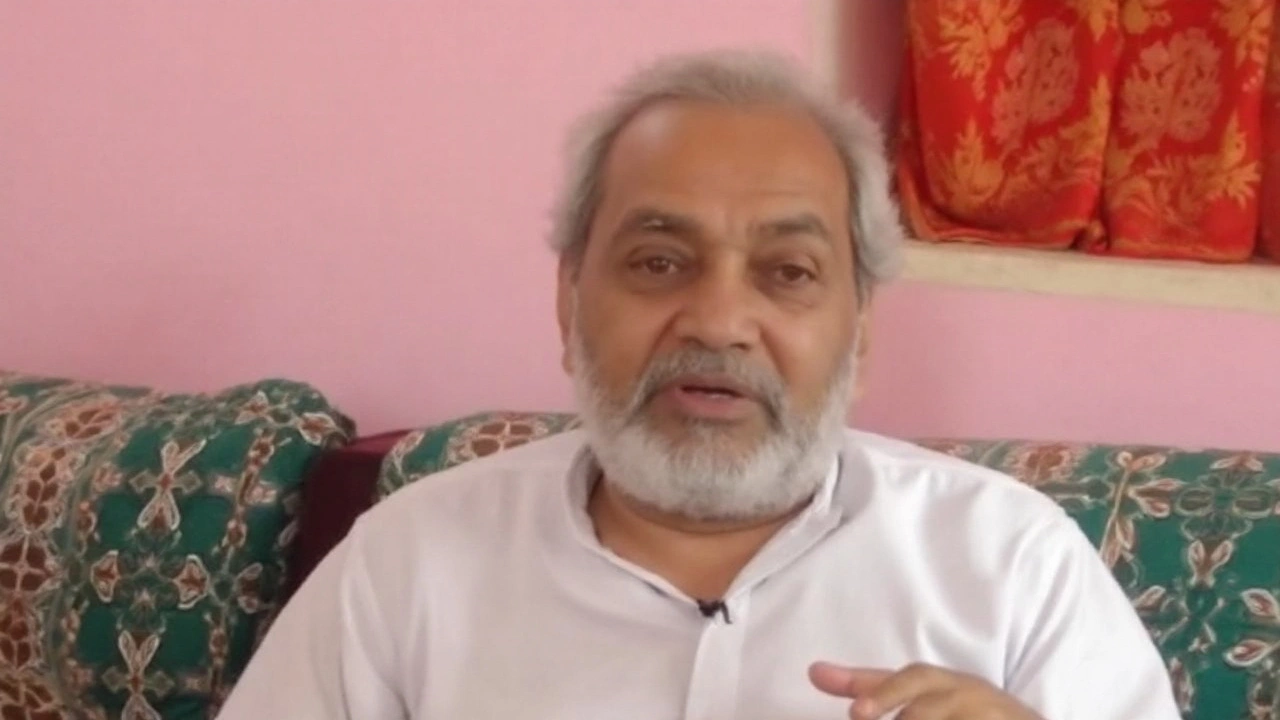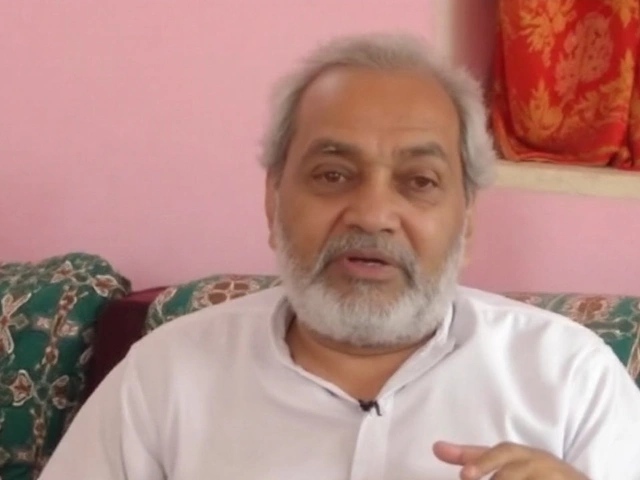EVM Debate Heats Up: Raghu Thakur Calls Out Double Standards Over Voting Machines

EVMs in India: Convenient Target or Genuine Concern?
Raghu Thakur, a well-known political voice, is tired of hearing the same arguments about Electronic Voting Machines (EVMs) after every election. According to him, EVMs are considered flawless when politicians win—yet suddenly unreliable when they lose. It's a pattern that's become all too familiar, and he's putting it plainly: you can't have it both ways.
Every election cycle, complaints about EVMs come roaring back, usually from the losing side. If the numbers tilt in their favor, parties hug EVM results like a prized trophy. The moment the outcome stings, the same machines turn into easy scapegoats. This back-and-forth doesn't just make for prime-time TV drama—it breeds public mistrust and confusion about the entire electoral process.
Thakur isn't alone in pointing out this flip-flopping. While leaders accuse EVMs of being tampered with, hacked, or malfunctioning, these claims rarely come with evidence. Even so, doubts linger and old rumors are dusted off. For many voters, it's hard to know whom to trust—are the machines the problem, or is it the sour grapes of defeat?
Unpacking the EVM Reliability Debate
The Election Commission has consistently vouched for the security and reliability of EVMs, saying they're designed to withstand attempts at tampering. But the controversy doesn't go away. When opposition parties lose, they demand paper ballots or VVPAT (Voter Verifiable Paper Audit Trail) counting for every booth, insisting that only physical slips can be trusted.
Meanwhile, tech experts and independent observers have tried to clarify things, pointing out that India's EVMs aren't connected to the internet or any network, making large-scale remote tampering nearly impossible. Still, that hasn't stopped parties from alleging manipulation, especially in closely contested races.
- Winners rarely question EVMs; complaints erupt only after losses.
- Demand for paper verification surges whenever results look unfavorable for major parties.
- The Election Commission repeatedly states their systems are foolproof—so far, large-scale fraud has not been proven.
The most recent skirmish fits right into this old pattern. Thakur's criticism is blunt, but it reflects something a lot of Indians are starting to feel: this cycle of blaming EVMs only after defeat might be wearing thin. He’s pushing for accountability—if EVMs are really faulty, then the system needs reform. But if not, political leaders should stop fueling suspicion just to save face.
The EVM controversy is turning less into a technology issue and more into a power play. Thakur’s call-out shines a light on a double standard that could weaken voters’ faith in democracy itself. Instead of settling old scores through accusations, maybe it’s time for politicians to look in the mirror and own up to their losses, just as confidently as they celebrate their wins.
